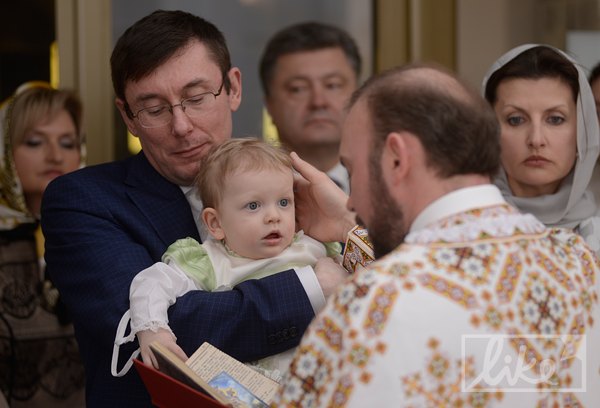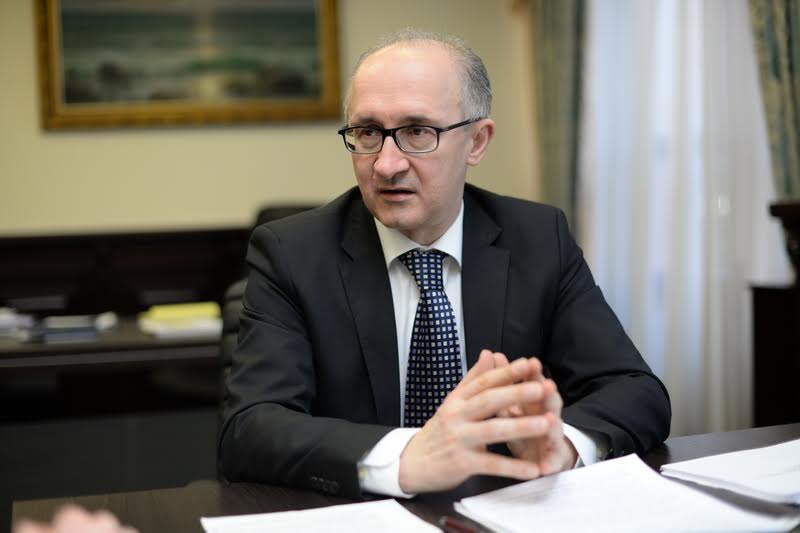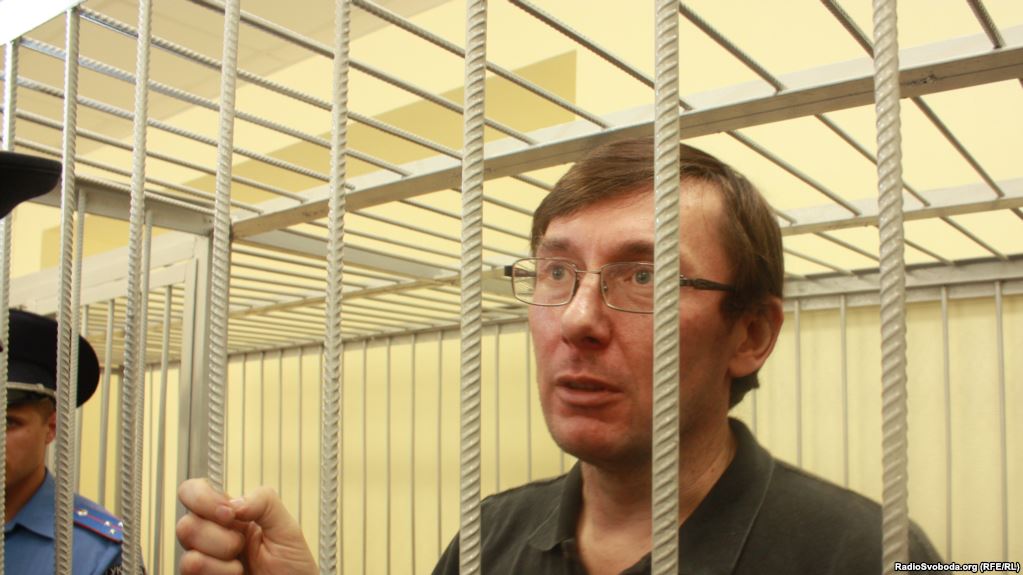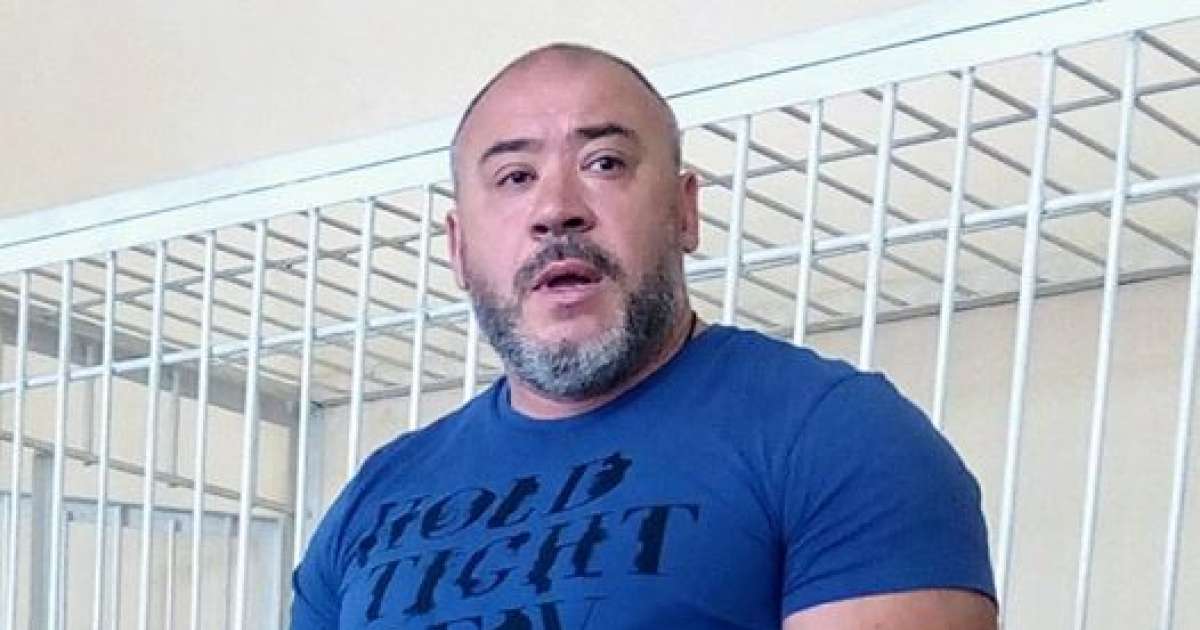During the last year and a half, Lutsenko headed Petro Poroshenko’s Bloc in the Ukrainian Parliament. His political career is diverse and controversial. On one hand, he is a well-known opposition leader from of the times of Leonid Kuchma (the second President of Ukraine) and Viktor Yanukovych (who was ousted by the Euromaidan revolution). On the other hand, he can hardly be considered a person who does not belong to the old system. A strong connection with Poroshenko casts a shadow on his ability to make independent and fair decisions.
To illustrate this, let’s take a look on how fast and in what way the technical details of the appointment were fixed.
The Lutsenko bill
Rumors about appointing Yuriy Lutsenko to the position of General Prosecutor started spreading at the end of February 2016. However, Lutsenko himself refuted them and explained that a person without a law degree can’t hold this position. Eventually, it turned to not be a big problem.
At the beginning of May, speaker of the Ukrainian Parliament Andriy Parubiy stated that the President doesn’t see any other person on the position of the General Prosecutor except Lutsenko.
Then, in the best traditions of the regime of disgraced ex-president Yanukovych, and even exceeding his misuse of power, the bill written specially for Lutsenko was passed. Not from the first attempt, but still extremely fast.
The main provision of the law abolishes the necessary provisions of a law degree and work experience in the General Prosecutor’s Office for holding the position of the General Prosecutor. On 10 May, the bill failed to pass in the Parliament. However, the very next day majority of MPs voted for it. And then Ukraine set a new record. For the first time ever, a law passed all the stages from paper to reality – presentation, passing in Parliament, signing by the head of Parliament and President, and printing the officially required publication of the bill in the official newspaper Holos Ukrayiny – with the lightning speed of one day.
“It is very unpleasant for me that an amendment to the existing law on the prosecutor’s office had been passed because of me… I would never have let this happen if there existed a person whom the President, the Parliament, and society would trust to break the current ineffective and criminal system, and would be more willing to do it than me,” commented Lutsenko. “I want to remind those who talk about the necessity of obtaining an education in law for the position of the General Prosecutor: Dear Ms. Yulia [Tymoshenko], we were placed in jail by professionals with the education in law,” he said.
On 12 May he was appointed.
From minister to political prisoner
The rise of Lutsenko’s political career started in 1994 when his father became an MP of Ukraine’s Parliament. Since 1991, Yuriy Lutsenko himself was a member of the Ukrainian Socialist Party.
At the end of 90s he used to work in the Cabinet of Ministers, including being an assistant to the Prime Minister.
In 2000, the politician becomes one the of opposition leaders during the protests called “Ukraine without Kuchma”.
In 2002, he became an MP from the Ukrainian Socialist Party. He continued to express his disagreement with the management of the country during the Orange Revolution in 2004 and became known as its “field commander.” After the Revolution, he headed the Ministry of Internal Affairs during the premiership of Yuliya Tymoshenko. He was appointed according to the quota of the Socialist Party. After the party joined the coalition with the Party of Regions [Yanukovych Party] and Communists, he left it, but stayed to work at the position of the Minister. He also worked there during the premiership of Yuriy Yehanurov and Viktor Yanukovych.
At that time he used to ruffle the structure of the Ministry a lot and promised to punish even major political and business figures. However, at the end he could not keep his promise as in the majority of cases they ended up being stuck in General Prosecutor’s office.
After his dismissal in 2006, Lutsenko created his opposition movement Narodna Samooborona [People’s Defense].
Before the Early Parliamentary election of 2007, his force joined President Viktor Yuschenko’s party and headed it’s list. When Yushenko’s and Tymoshenko’s parties created a coalition, Lutsenko headed the Ministry of Internal Affairs again.
The name of Yuriy Lutsenko also appeared in a few scandals. Among them are accusations of lobbying the interests of the company of his wife (Iryna Lutsenko, who is now also an MP of the Petro Poroshenko Bloc), accusations of using the ministry’s planes for personal use and the drunk incident in Germany.
The Yanukovych presidency left its sign on Lutsenko’s life as he was put to jail allegedly for abuse of power. He was condemned to 4 years in prison. In Ukraine, as well as among European diplomats this case was considered as a political prosecution.
However, after 2.5 years, in 2012 Lutsenko was granted amnesty by Yanukovych.
The politician was been active during the Euromaidan revolution, however was not associated with the three opposition leaders – Vitaliy Klitschko, Arseniy Yatsenyuk, and Oleh Tyahnybok.
When Poroshenko became president, Lutsenko headed his Solidarnist party. Later for some period Klitschko replaced him, but after the early parliamentary election in 2014, Lutsenko headed Poroshenko’s political force again.
Lutsenko used to have trouble with the party due to differences in views, however he has never been critical towards Poroshenko. During the recent offshore scandal he also took the side of the President, naming the scandal nothing else than a PR campaign. That is why his appointment didn’t find positive feedback.
Can he say “no” to Poroshenko’s Bloc?
“Yuriy Lutsenko can become a better General Prosecutor than Makhnitskiy, Yarema, and Shokin, but it is not enough,” wrote an MP from the Petro Poroshenko Bloc Svitlana Zalishchuk on her Facebook page. “How can today’s leader of Petro Poroshenko’s Bloc say ‘no’ to Petro Poroshenko’s Bloc tomorrow? What if the case will be about the party and people around it, at least Kononenko, for example? Against the backdrop of the offshore scandal the question becomes relevant.”
“Lutsenko does not have political will. He is endlessly dependent on Poroshenko and has an endless ability to adapt to circumstances,” reacted the political expert Serhiy Gaiday and expressed his indignation:
“What we see is a slow but steady recovery of authoritarianism. Key decisions in this country will be taken on Bankova Street [were the Administration of President is located] in non-public way which is far from all the democratic procedures,” said another political expert, Sergei Belashko, Chief Executive of of Social Communications Agency.
Talking about the procedure of appointing the journalist and the MP from the Petro Poroshenko Bloc, Serhiy Leshchenko, who is known for his attacks on the oligarch Ihor Kolomoyskiy, expressed his opinion about the reasons and results. Analyzing who voted for the bill for Lutsenko, Leshenko makes a conclusion that it were MPs who are controlled by oligarchic clans.
“The Kolomoisky group [in Parliament] Revival gave 20 votes, 5 more were given by individual deputies from the Kolomoisky group (Batenko, Didych, Dubinin, Denisenko, Shevchenko). Plus 14 votes came from the group of gas oligarchs called Will Of People who want to gain the state company Ukrgazvydobuvannya,” said Leschenko, suggesting that Lutsenko’s appointment is a political deal.
Expectations and first steps
When presenting the new General Prosecutor, Petro Poroshenko said that expected that Lutsenko will finally accomplish investigating the cases of killings during Euromaidan, the tragedy in Odesa in 2014, and crimes of authorities of the Yanukovych regime. Lutsenko himself promised not to follow the path of political repressions against opponents.
He also stated that Davit Sakvarelidze, ex-deputy head of a General Prosecutor and prosecutor of Odesa Oblast, will not be renewed at his position. At the end of March Sakvarelidze was dismissed. Then-General Prosecutor Shokin explained the decision by a “major violation of prosecutor’s ethics.” Sakvarelidze said that he was dismissed because of his stance against theft and corruption in the office.
Lutsenko, himself a politician yesterday, explained his decision by saying that Sakvarelidze chose politics.
Related:
- How Ukraine’s old guard killed the prosecution reform
- Old faces in courts endanger all Ukrainian reforms | #UAreforms
- Mixed expectations for Ukraine’s new government | #UAreforms
- Ukraine’s judicial reform: plus ca change | #UAreforms
- 3 reasons to be optimistic about Ukraine’s battle for better bureaucracy | #UAreforms








